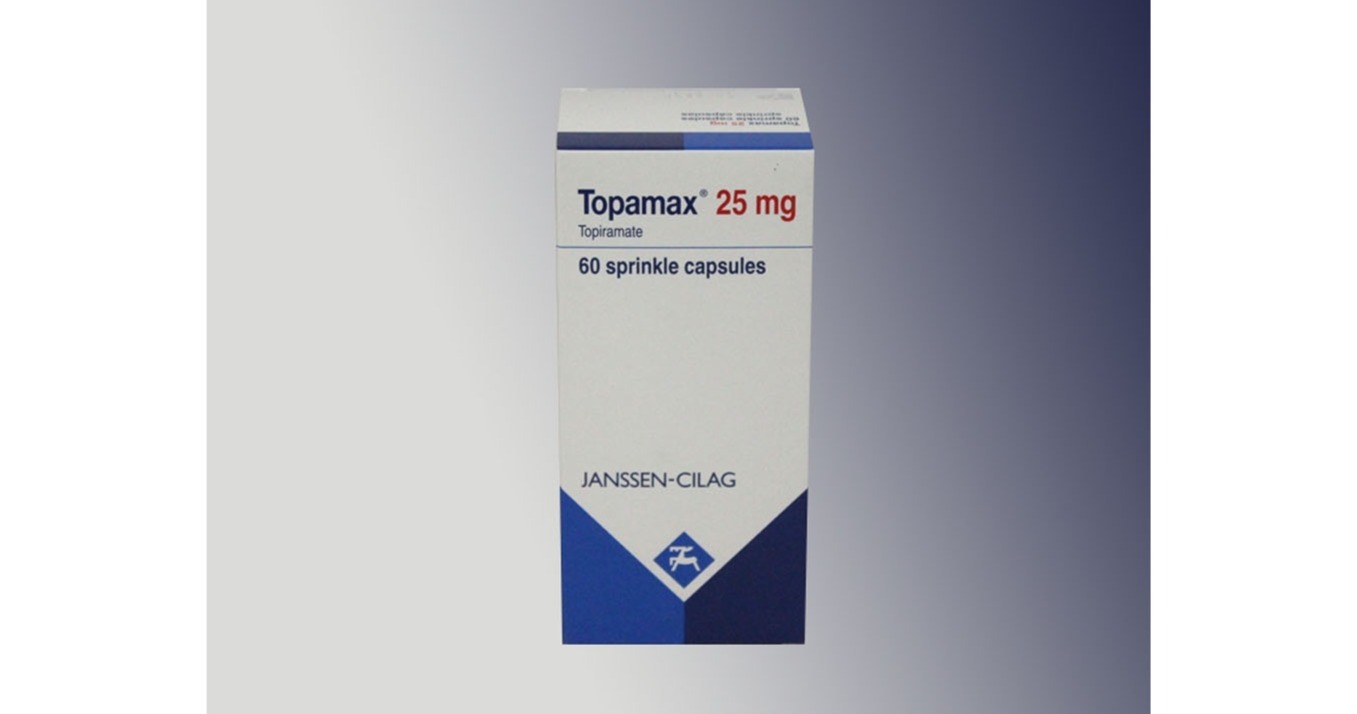Topamax, known by its generic name topiramate, is a prescription medication commonly used to treat epilepsy, migraines, and sometimes mood disorders. While it has helped countless individuals manage chronic conditions, not all experiences have been positive. Over the years, discussions have emerged online under the phrase “Topamax ruined,” where individuals share stories of unexpected side effects and life changes they attribute to the drug. This article aims to explore what lies behind this phrase, the potential reasons for dissatisfaction, and how patients can make informed decisions about their health.
What Does “Topamax Ruined” Mean?
The “Topamax ruined” typically appears in personal accounts of individuals who believe their quality of life was negatively impacted by the drug. While not a scientific term, it reflects real frustration, disappointment, and sometimes emotional distress experienced by patients. The phrase often accompanies online discussions in forums, blogs, and social media posts where people describe long-term side effects such as memory loss, fatigue, or mood changes. It’s important to understand that while these stories are valid personal experiences, they do not always represent the average outcome for all patients who take the medication.
Potential Side Effects Reported by Users
Topamax has a well-documented list of potential side effects, ranging from mild to severe. Some of the most commonly reported include tingling in the hands and feet, changes in taste, difficulty concentrating, dizziness, and weight loss. However, certain users have reported more serious concerns such as cognitive impairment, emotional instability, kidney stones, and vision problems. These side effects can impact daily life, work performance, and personal relationships, leading to feelings that the medication caused more harm than good.
Why Some People React Differently
Medication responses vary greatly depending on genetics, medical history, and lifestyle factors. While many patients tolerate Topamax well and see significant benefits, others experience severe or persistent side effects. Dosage plays a major role, as higher amounts can increase the risk of negative reactions. In some cases, underlying health conditions can make a person more vulnerable to the drug’s impact. It’s also possible that interactions with other medications or supplements could amplify adverse effects, creating a more challenging recovery process.
The Role of Informed Consent
Before starting any medication, doctors are expected to explain its potential benefits and risks to patients. Unfortunately, some individuals who later say “Topamax ruined” their life feel they were not fully informed about the possible side effects beforehand. This highlights the importance of thorough discussions during medical consultations, where patients can ask questions and receive balanced, clear information. Being proactive about understanding a drug’s potential impact can help reduce unpleasant surprises later on.
Stopping Topamax
If a patient decides to stop taking Topamax due to side effects, medical guidance is essential. Abruptly discontinuing the drug can lead to withdrawal symptoms or a return of the original condition, sometimes with greater intensity. For example, epilepsy patients could face an increased risk of seizures, while migraine sufferers might experience rebound headaches. A gradual tapering plan under professional supervision can minimise risks and make the process more manageable.
Emotional and Psychological Impact
One reason the phrase “Topamax ruined” resonates with so many is that side effects are not just physical; they can also be emotional. Cognitive difficulties, mood swings, and feelings of mental fog can affect self-esteem, confidence, and relationships. For individuals who rely on mental clarity for work or study, even minor impairments can feel devastating. Emotional side effects can sometimes persist for weeks or months after stopping the medication, further fueling feelings of frustration.
Seeking Medical and Legal Support
People who believe they have been harmed by Topamax may seek additional medical opinions to address lingering health issues. In some cases, they may also explore legal options, particularly if they feel the side effects were not adequately disclosed. While not every adverse reaction is grounds for legal action, professional advice can help clarify whether there’s a valid case. Support groups and mental health counselling can also play an important role in recovery, offering a safe space to share experiences and coping strategies.
Balancing Risks and Benefits
For every negative story, many patients report that Topamax has been a life-changing positive. It has helped people reduce seizures, manage chronic migraines, and improve their daily functioning. The challenge lies in balancing potential benefits against possible side effects, a decision that should always involve careful discussion between doctor and patient. Understanding that each body reacts differently can help set realistic expectations before starting the medication.
Conclusion
The phrase “Topamax ruined” reflects the deep frustration felt by individuals who believe the medication caused lasting harm. While Topamax can be highly effective for some, others experience challenging side effects that impact both physical and emotional well-being. The key takeaway is the importance of informed consent, ongoing medical supervision, and open communication with healthcare providers. Every medication carries both risks and benefits, and the goal should always be to find a treatment plan that improves life rather than diminishes it. For those who have had a negative experience, support, recovery strategies, and alternative solutions are available to help rebuild health and confidence.

